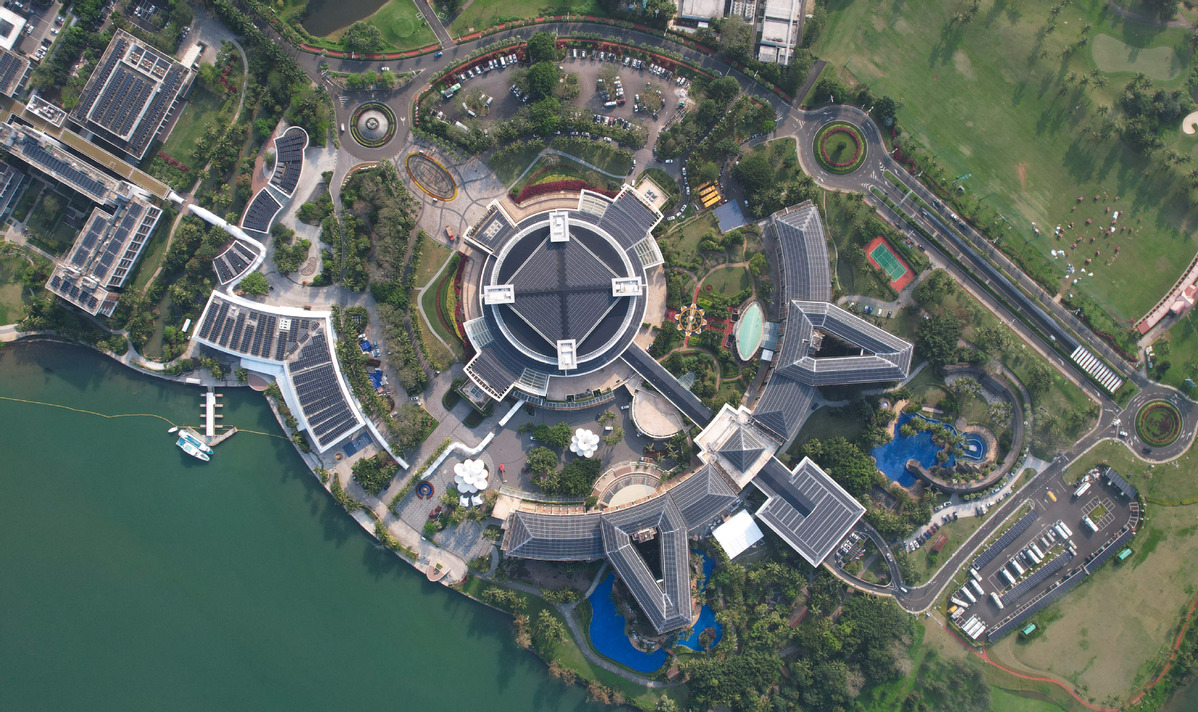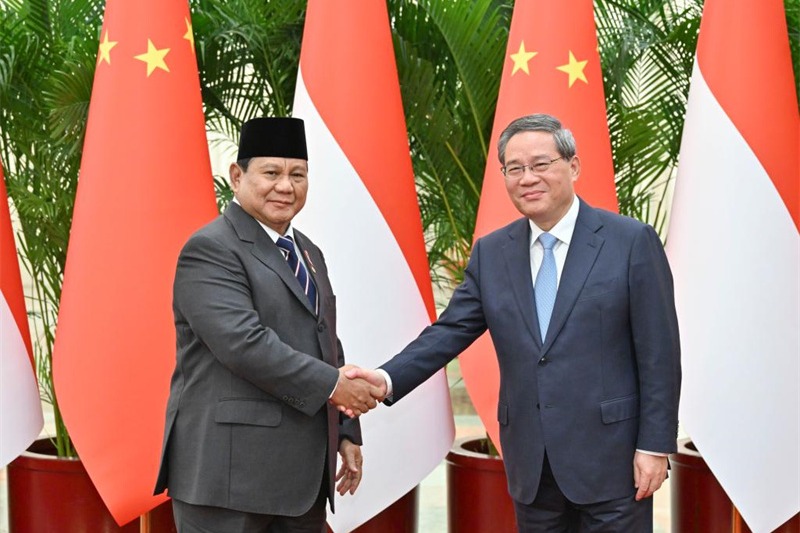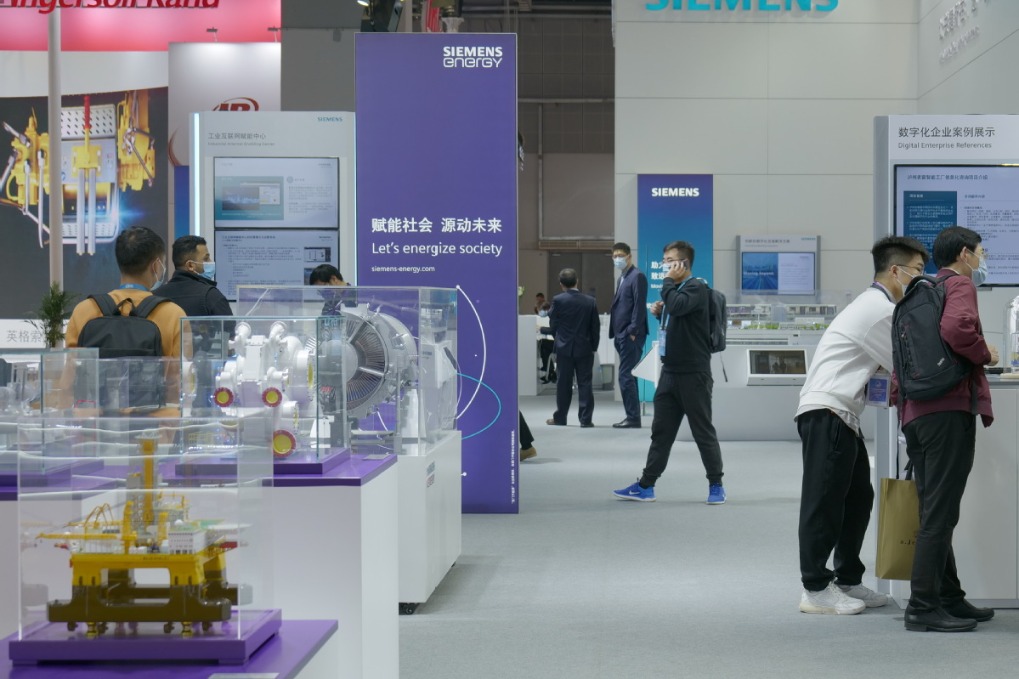Boao forum urges global cooperation in energy transition


BOAO, Hainan - Energy company executives attending the Boao Forum for Asia Annual Conference 2024 in Boao, South China's Hainan province, have pledged aggressive plans while also calling for more global cooperation to help accelerate energy transition.
At a sub-forum titled "Low Carbon Energy Transformation" held in Boao on Friday, Huang Yongzhang, president of PetroChina, revealed that China's largest oil and gas producer is actively developing its new energy business amid the country's green drive.
New energy is becoming one of PetroChina's main businesses, and is expected to account for 7 percent of its total output in 2025 and for one-third in 2035, according to Huang.
This is just one example of China's vigorous green transition as it pursues its dual carbon goals of peaking carbon emissions by 2030 and reaching carbon neutrality by 2060.
After years of robust investment, China's total installed renewable energy capacity had topped 1,516 GW at the end of 2023, according to the National Energy Administration. This figure accounted for 51.9 percent of China's total installed power generation capacity and represented nearly 40 percent of global installed renewable energy capacity.
This progress on the path to a greener China followed the fast growth of China's new energy equipment industry, which has greatly slashed costs and made renewable energy more affordable.
China is a major producer of green energy equipment. It supplies 50 percent of the world's wind power equipment and 80 percent of global photovoltaic equipment.
After heavy investment in renewable energy, the proportion of electricity generated by wind and solar power in China has grown rapidly over the past few years, according to Zhong Baoshen, chairman of LONGi Green Energy Technology Co, Ltd.
Over the past more than 10 years, China's PV industry has made great contributions to global low-carbon energy transformation, Zhong said when addressing the panel discussion.
In response to the protectionism being applied in some countries, Zhong called for more cooperation to address challenges facing global energy transition and the impact of climate change.
"Only through global cooperation and the optimization of the allocation of resources through free trade can we accelerate this transformation and make it cheaper," Zhong said.
Zhong also touched on concerns regarding supply chain security, calling for closer cooperation between countries, the building of mutual trust and continued work to ensure long-term free trade.




































